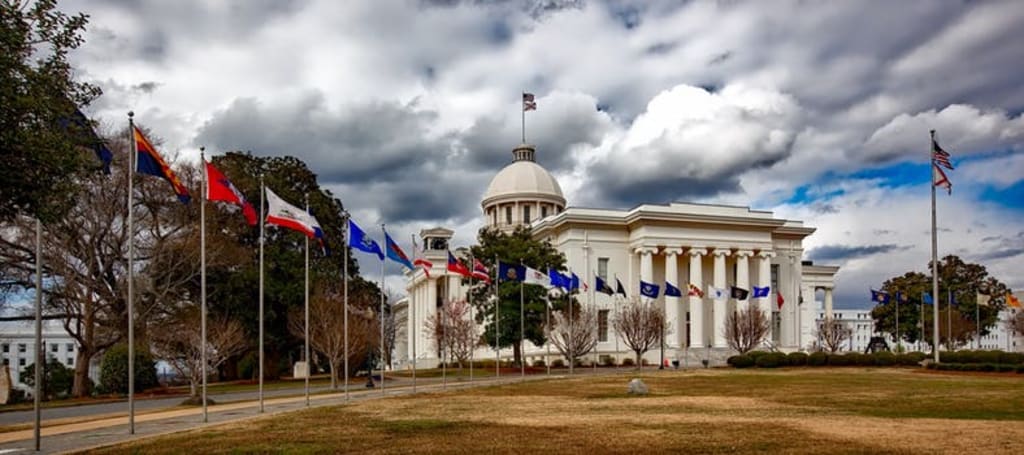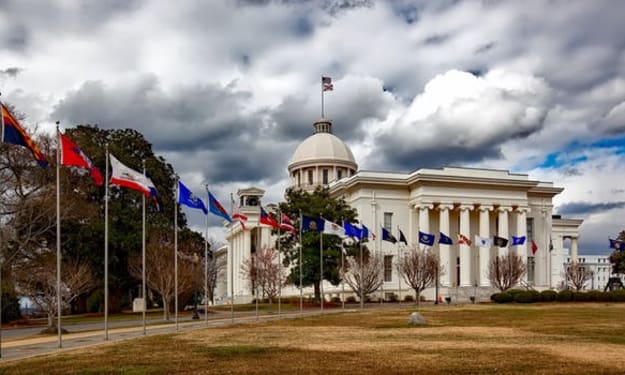Will the virus epidemic cause economic changes?
Economics and politics will be changed by Corona-virus

Will the Corona virus epidemic cause an economic realignment in the world?
Will there be a speeding up of economic change?
May not be an obvious question, during the 2020 contagion most of the more developed economies have gone into some form of lock-down, restricted movement for people, restrictions on which marketing and sales operations could work. This has caused a huge drop in the demand for petrol and diesel, initially wholesale price of crude oil dropped and then pump prices fell about 15 to 20% The nations producing crude and petrol then worked together to artificially reduce supply and so prevented further falls in prices. Demand will stay low until there is a gradual easing of movement restrictions, which will lead to more demand. This manipulation of the supply showed that in effect, the petroleum supply market is a monopoly. A world wide conspiracy to manipulate consumer prices. The fact that most nations tax petrol and diesel, based on a percentage of the local retail price; probably explains the reluctance to stop this abuse of consumers. The shift to zero emission transport will have a long term effect of petroleum prices and also on tax raising processes, but this will be a relatively gradual event; unlike the sudden drop in demand that has been caused by the pandemic. One other aspect of the effect the virus has on transport; is the enforced collapse of passenger numbers on public transport. While this will recover in time but two aspects may be long term. The financial losses incurred during the lock-down period and, probably more influential, will be the numbers of commuters who can work from home. This present situation may be enforced home working but it is reasonable to expect a percentage of both employers and employees, will find it better than conventional mass commute and attendance at an expensive city office block. This indicates a long term need for reappraisal of all mass transit systems.
The biggest losers in the economic slow down are probably the sports and entertainments industry, with close followers, the fashion and clothing markets. The mass entertainment and sports businesses has gained a lot of headlines about the huge incomes being earned by individuals and the very sudden total loss of income suffered by enterprises which sell the efforts of these individuals to the consumers. The fashion and clothing industry could sell on line but with the majority of retail outlets closed they face a big drop in turnover. This greatly affects the need to replenish stocks, which has repercussions for suppliers in low wage labour markets. The gradual change in shopping habits, from high street to on line, has had a sudden speeding up. It may also alter the customers perspective of how many clothes they actually need, since they have got by without buying new clothes for several months, may be they can get by with less all the time.
The effects on rental incomes, which also affects the actual value of property rented out to retailers and also affects the business rates and taxation, gained by governments from those businesses; are all taking a big hit. A gradual, chronic, decline suddenly has became an acute and painfully reality, very quickly. This showed up the absurdity of the huge levels of debt, modern businesses have accumulated. The banking sector and in particular the speculative arms of those banks, make fortunes out of encouraging firms to build up interest paying debts, to levels that have been shown by this crisis, to be unsustainable. As long as an enterprise could show an operating margin, that allowed it to pay the interest and their direct costs, then they were encouraged to speculate and expand. The present situation has simply advanced what is probably an inevitable long term change in retailing. As retailing continues to move away from traditional town centre stores, to on line and out of town centers; commercial property will drop in value, rental incomes will steady and become far more realistic. Companies will only survive if they have debts that can be managed in times of hardship.
Governments have rushed to provide tax payers money to sustain businesses, just as they did only a few years ago to stabilize the banking sector. This is not a long term sustainable way for economies to operate. The income tax payers are the people who work. Tax comes from company profits and tax comes from one form or another, of a tax on good sold. Tax is levelled on property and so economic activity is taxed. When economic activity slows, then tax revenue falls, yet in relatively recent times, the demand to use tax money to sustain economic activity, increases. A downward spiral starts and is so very hard to stop. If the tax payer has to subsidise the financial sector and the retail sector and the manufacturing businesses; then they will end up being expected to pay more tax than they can sustain. Work will stop and economic depression will occur. Social unrest will demand governments spend even more money, which they do not have, the more desperate ones will borrow from the same banking financial markets that a few years ago they had to rescue. This will defer rather than solve the problems.
No government, what ever its political ideology, can survive in the 21st century, if unemployment is over 30% of the total population, or if there is starvation and genuine hardship among the people,especially if expectation of improvement, does not exist then civil and political unrest is a certainty. In these drastic situations it is the people who are poorest, the people who are perceived, by the majority, as foreigners or outsiders, who the majority will blame and it is the most deprived who become the scapegoats, the biggest victims. Governments fight to survive, some for self interest, they wish to stay in power, some because of genuine desire to prevent hardship. To achieve their survival they will try to keep employment high, that means subsidising employers, or it means the state becomes the employer. Nationalisation of failing enterprises, in order to keep them in existence and so providing employment, has its own inbuilt catastrophe in waiting. If the enterprise was failing because there was no longer a demand for its products or services, then changing the ownership will not change the eventual outcome. If there is no demand then it does not matter who owns it. The business then costs the tax payer more than the tax income generated by it, and so it is unsustainable. If the business was failing because the burden of interest payments to banks was too high, then a change of management coupled with a vast investment, that paid off the interest carrying debts; could save it. This is a commercial judgement and a commercial solution that does not need nationalization. There may be a case for temporary state ownership whereby if the problem is purely that the managers had taken on too much debt, then the state taking over, changing the financial managers, (not necessarily the production and marketing managers;) and enforcing a restructuring of debt, even if at the direct loss to the banks, then selling the revitalised industry back to investors, who agree never to get into unsustainable debt levels; may be a solution.
Interesting areas of consideration are the permanent behavioural changes that people may make, due to being in temporary restricted movement. As mentioned above, the increase in on line shopping and movement away from visiting town centers, may be permanent for some people. Some will revert to pre-lock-down normality but many will not and even if only 10% do not revert back, this will make a significant difference to retail economics. It is possible those changing their shopping habits will be nearer to 25%. One possible social change is based on the observation that when shops only allow a single person to each “trolley” it is quite often men who are going round clutching a list of things to be bought. This will have two ongoing effects; greater planning of meals in advance and just buying what is on the list, that is a reduction in impulse buying. Reducing impulse buying will have more effect on supermarkets than some may expect. Supermarkets make profits by increasing the spend per visit. The curtailment of in store impulse buying is going to have an impact; which will be added to that of more on line shopping.
What ever the final outcome of the medical and health care problems, of this virus; it is the long term economic problems and their solutions, that will affect most people for the longest time. There will be other global “meltdowns” that is an inevitable result of the globalization of commerce and the breaking up of national barriers. The need is to get all the economics of all the nations and of those global commercial enterprises, on a more stable footing. There is a need for politicians to demand that world wide economies are capable of withstanding such disasters and that in turn means all governments and all businesses and all people, need to reduce debt, so that in a crisis they can carry on and not be closed down because they can not pay the banks the interest claimed. Tax payers can not pay the banks, sustain themselves and subsidies all the facets of life.
About the Creator
Peter Rose
Collections of "my" vocal essays with additions, are available as printed books ASIN 197680615 and 1980878536 also some fictional works and some e books available at Amazon;-
amazon.com/author/healthandfunpeterrose
.
Enjoyed the story? Support the Creator.
Subscribe for free to receive all their stories in your feed. You could also pledge your support or give them a one-off tip, letting them know you appreciate their work.






Comments
There are no comments for this story
Be the first to respond and start the conversation.